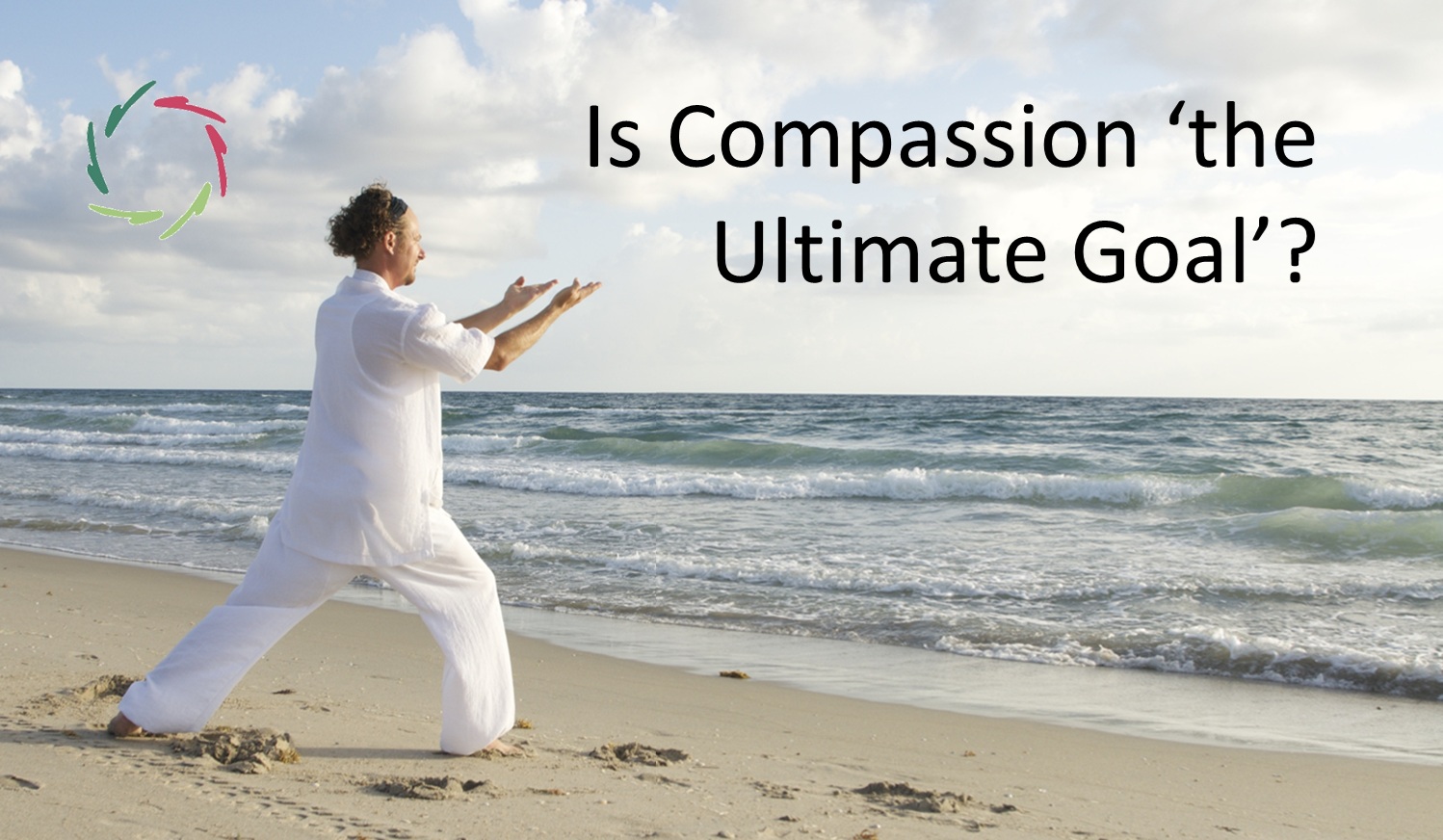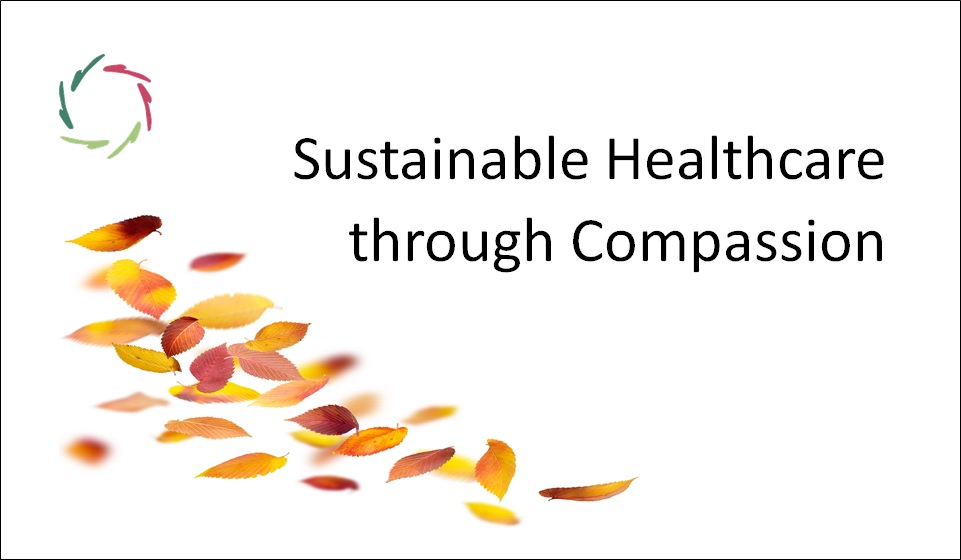No Compassion without Growth

Striving towards Compassion puts you in the balance. Are you willing to take the risk? Are you willing to fundamentally ‘grow’?
This is about big-c-Compassion ― not something pity-like. [see: “Essence of Compassion”]
Please also read [see: “Growth, Compassion, Love”]
Compassion will not happen without effort.
A Compassionate person doesn’t mind the effort. Like Grace [see: “Grace”], Compassion needs to be earned. Eventually, it may come spontaneously, but not by miracle, nor by talking about it. The final spontaneity is the result of effort ― sometimes a considerable amount of it.
This effort lies in personal growth. [see Cat.: “Personal Growth”] Basically, it is a development at the subconceptual level [see: “About ‘Subconceptual’”] ― thus, by definition, pretty vague. It’s easy to use the terminology without much insight. It’s easy to think one is doing great stuff in personal growth.
That is precisely a condition that may thwart it.
Humility is crucial
We’re talking about growth, becoming better, more meaningful, more ‘worthy’ as a total person, more Compassionate.
Therefore, people who want to build on Compassion in this world must understand and practice ‘humility of ego.’ [see: “Humility”] In my understanding and experience, this requires continual practice. Otherwise, the ego knows many ways to put itself on a pedestal.
The more growth as a total person – which is what we are talking about – the more the ego must stay humble, even while it finds it harder to do.
Mere-ego is like a shell that prevents all inner growth.
This shell is the basic cognitive illusion of seeing everything through invisible inner glasses. [see: “The Basic Cognitive Illusion”].
It may make anything related to the subconceptual either invisible or seem like something straightforward, childlike even. And in a way, it is. One needs to keep a beginner’s mind. [see: “Beginner’s Mind, Forever”] However, in this very same way, it is hugely complex. Beginner’s mind is – in the culture of its origin – the mind of the Zen master.
Not-knowing while knowing very well. [see: “Into the Not-Knowing”]
A meditative mindset is essential.
In a Buddhist image, the meditative mindset is the pond’s soil in which lotus flowers may grow. The flowers are acts of Compassion, big or small, life-changing or just a deep-friendly word ― which may also be life-changing.
The soil is humble, yet without it, there are no flowers.
Formal meditation (on a cushion, for instance) may not be needed, but the mindset is. This has been correctly sensed in much of Buddhism.
It is a Compassionate mindset.
At the same time, it’s what inner growth is about: growing from and towards this mindset. It’s like filling one’s inner bucket until it overflows.
Out flows Compassion. [see: “In-Depth Compassion”]
Gracefully.


